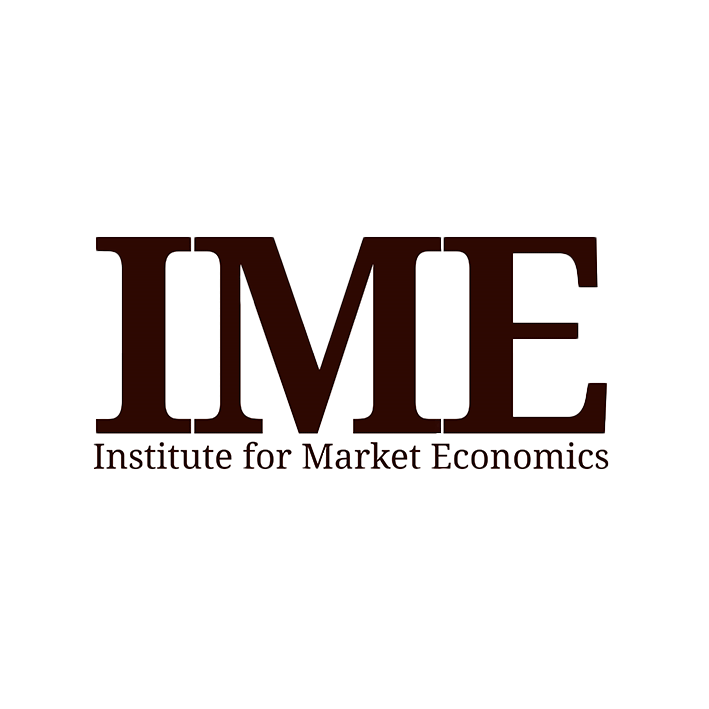Cyprus is liberal when it comes to food, soft drinks, and alcohol, but it lets itself down with its treatment of vapers. In September 2017, it passed an excise tax on e-cigarette fluid of €0.12 per millilitre (€1.20 per standard bottle), even if the fluid does not contain nicotine. It also created a new category for heated tobacco products and taxed them at €150 per kilogram.
Vaping was included in the draconian smoking ban that was narrowly passed in February 2017. Despite an amendment relaxing restrictions in ‘open areas’ – defined as spaces that have one open side – the smoking/vaping ban remains harsh. Businesses and individuals who breach it risk a fine of up to €850. Only vape shops are exempt. Smoking and vaping are also prohibited in cars with children under the age of 16. The Green Party has called for the smoking ban to be extended.
Tobacco and e-cigarette advertising is restricted to the point of sale, and cigarette vending machines are banned, but there is no display ban. Alcohol advertising is largely permitted, although television and radio advertisements cannot air in the daytime.
Taxes on beer, spirits, and tobacco is low by EU standards, and Cyprus is one of 15 EU countries to have no wine duty. There is no sugar tax and no nanny state regulation of food. In 2022, the VAT on alcohol sold in bars was reduced from 19 per cent to 9 per cent.
About
The Nanny State Index (NSI) is a league table of the worst places in Europe to eat, drink, smoke and vape. The initiative was launched in March 2016 and was a media hit right across Europe. It is masterminded and led by IEA’s Christopher Snowdon with partners from all over Europe.
Enquiries: info@epicenternetwork.eu
Download Publication
Previous versions: 2021, 2019, 2017
Categories
About the Editor
Christopher Snowdon is the head of Lifestyle Economics at the Institute of Economic Affairs. His research focuses on lifestyle freedoms, prohibition and policy-based evidence. He is a regular contributor to the Spectator, Telegraph and Spiked and often appears on TV and radio discussing social and economic issues.
Snowdon’s work encompasses a diverse range of topics including ‘sin taxes’, state funding of charities, happiness economics, ‘public health’ regulation, gambling and the black market. Recent publications include ‘Drinking, Fast and Slow’, ‘The Proof of the Pudding: Denmark’s Fat Tax Fiasco’, ‘A Safer Bet’, and ‘You Had One Job’. He is also the author of ‘Killjoys’ (2017), ‘Selfishness, Greed and Capitalism’ (2015), ‘The Art of Suppression’ (2011), ‘The Spirit Level Delusion’ (2010), ‘Velvet Glove, Iron Fist’ (2009).
Cyprus 2023
Cyprus is liberal when it comes to food, soft drinks, and alcohol, but it lets itself down with its treatment of vapers. In September 2017, it passed an excise tax on e-cigarette fluid of €0.12 per millilitre (€1.20 per standard bottle), even if the fluid does not contain nicotine. It also created a new category for heated tobacco products and taxed them at €150 per kilogram.
Vaping was included in the draconian smoking ban that was narrowly passed in February 2017. Despite an amendment relaxing restrictions in ‘open areas’ – defined as spaces that have one open side – the smoking/vaping ban remains harsh. Businesses and individuals who breach it risk a fine of up to €850. Only vape shops are exempt. Smoking and vaping are also prohibited in cars with children under the age of 16. The Green Party has called for the smoking ban to be extended.
Tobacco and e-cigarette advertising is restricted to the point of sale, and cigarette vending machines are banned, but there is no display ban. Alcohol advertising is largely permitted, although television and radio advertisements cannot air in the daytime.
Taxes on beer, spirits, and tobacco is low by EU standards, and Cyprus is one of 15 EU countries to have no wine duty. There is no sugar tax and no nanny state regulation of food. In 2022, the VAT on alcohol sold in bars was reduced from 19 per cent to 9 per cent.
 Austria
Austria Belgium
Belgium Bulgaria
Bulgaria Croatia
Croatia Cyprus
Cyprus Czech Republic
Czech Republic Denmark
Denmark Estonia
Estonia Finland
Finland France
France Germany
Germany Greece
Greece Hungary
Hungary Ireland
Ireland Italy
Italy Latvia
Latvia Lithuania
Lithuania Luxembourg
Luxembourg Malta
Malta Netherlands
Netherlands Norway
Norway Poland
Poland Portugal
Portugal Romania
Romania Slovakia
Slovakia Slovenia
Slovenia Spain
Spain Sweden
Sweden Turkey
Turkey United Kingdom
United Kingdom


















